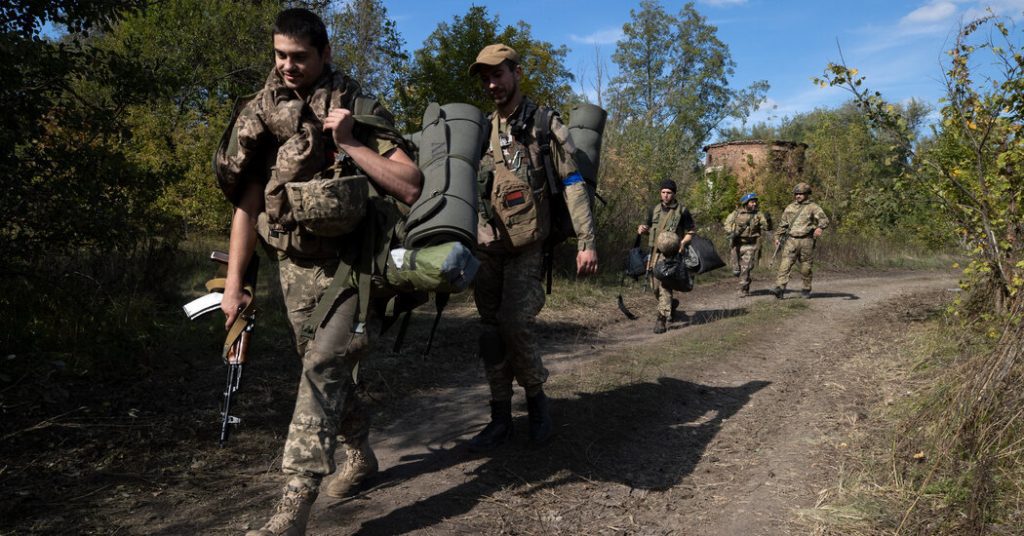
European Union energy ministers agreed on Friday to tax the profits of energy companies as part of a package of emergency measures aimed at mitigating the impact of higher energy prices on businesses and consumers.
Europe’s energy crisis, exacerbated by Russia’s periodic cutting off parts of the bloc’s energy supply to punish it for subsidizing Ukraine, has led to historically high heating and electricity bills in the 27-nation bloc.
Last month, tens of thousands of Europeans took to the streets in at least four countries – the Czech Republic, Slovakia, Germany and Belgium – to protest soaring energy prices and record inflation. As winter approaches, governments are under increasing pressure to protect Europeans from blackouts and bankruptcies, while ensuring that energy continues to flow from alternative suppliers.
Measures approved by the bloc’s energy ministers focused on taxing the profits of energy companies – the proceeds of which will be used to fund benefits for struggling businesses and households – and a mandatory reduction in electricity consumption. But ministers stopped short of imposing a cap on the price of gas – a more drastic measure sought by many members of the bloc that proponents say would not only help consumers pay energy bills, but also cut those bills.
“Today we completed another piece of the puzzle, but certainly not the last piece,” Josef Sekila, the Czech Republic’s energy minister who led negotiations on the legislation, told reporters on Friday. We are in an energy war with Russia, which is also strongly affecting our industry. More coordinated action is needed on the part of the European Union.”
Energy ministers meeting in Brussels on Friday agreed to cap the revenues from nuclear and renewable energy suppliers of $180 per megawatt-hour, as well as a “solidarity” tax on fossil fuel companies. The combined taxes are expected to bring in about $140 billion, which will be directed toward subsidies. For the first time in its history, the bloc has imposed a politically sensitive cut in energy consumption.
Those steps would have been unimaginable a few months ago, but winter is fast approaching. The urgency of the crisis was emphasized this week when Leaks detected in gas pipelines connecting Russia with Germany that European officials have blamed for sabotage, highlighting the fragility of its infrastructure.
The measures approved on Friday are not enough for some EU countries. In a letter to the bloc’s executive arm earlier this week, energy ministers from 15 of the 27 member states called for a general gas price cap – something that wealthier nations like Germany and the Netherlands oppose.
In the letter to the committee, they said capping gas prices was “the only measure” to “reduce inflationary pressure, manage expectations and provide a framework in the event of potential supply disruptions, and limit additional profits in the sector.”
But some experts have warned that such a measure could backfire.
“Any intervention aimed at capping energy prices risks removing a major stimulus – higher prices – to reduce demand, making Europe worse off,” said Simon Tagliabitra of Bruegel, a Brussels-based economic research institute. Europe needs to prepare for a new normal without Russian gas. Next spring, to get the 150 billion cubic meters of gas we need, we have to increase imports of alternative supplies and keep demand low.”
“Any action we take today should not harm our ability to do so,” he added.

“Travel specialist. Typical social media scholar. Friend of animals everywhere. Freelance zombie ninja. Twitter buff.”





More Stories
Taiwan is preparing to face strong Typhoon Kung-ri
Israel orders residents of Baalbek, eastern Lebanon, to evacuate
Zelensky: North Korean forces are pushing the war with Russia “beyond the borders”